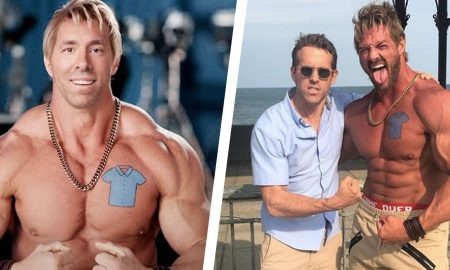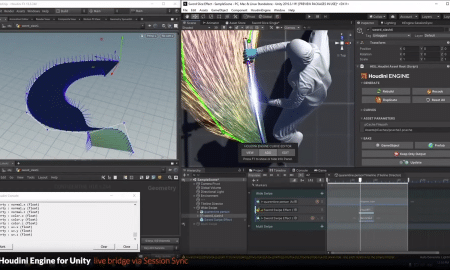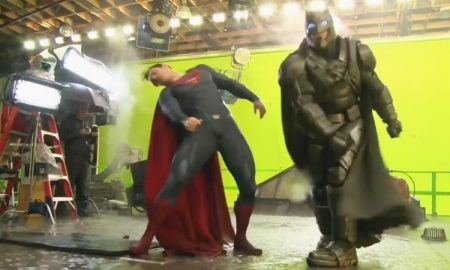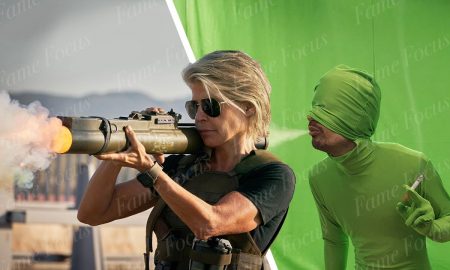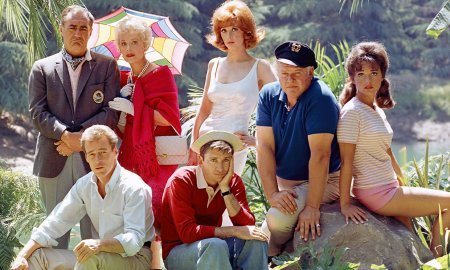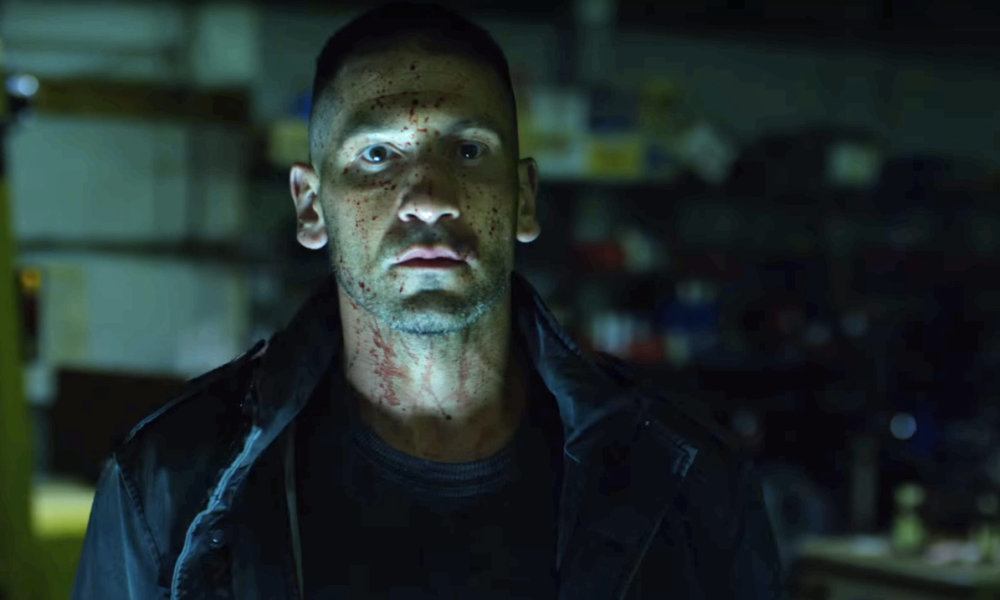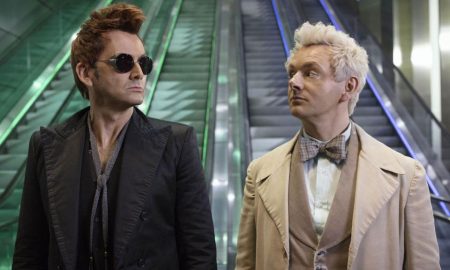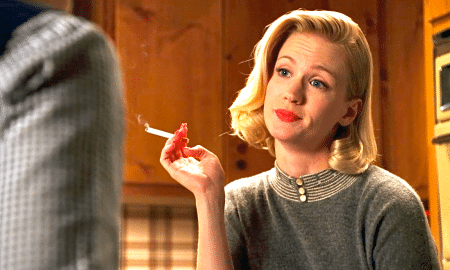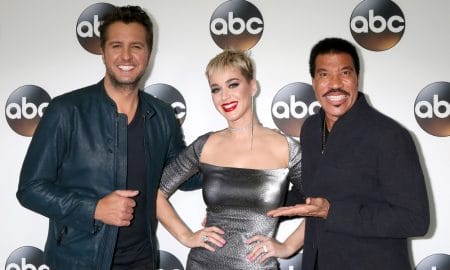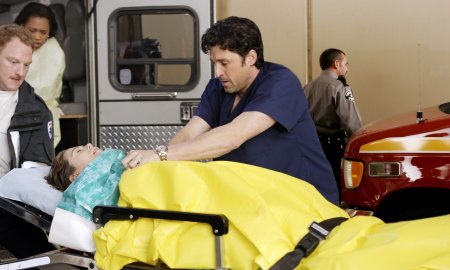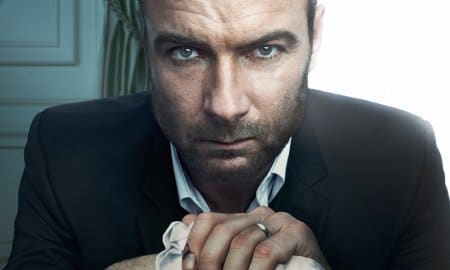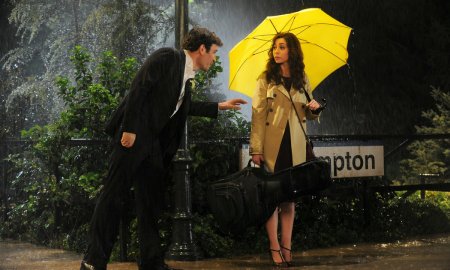Ever since the release of Netflix’s glorious second season of its superhero drama Daredevil on March 18, most of the series’ positive critical praise has been heaped on Jon Bernthal’s stirring turn as the Punisher, a calculating psychopath who’s waging war on organized crime in New York’s Hell’s Kitchen neighborhood. While the Punisher isn’t new to the screen, Bernthal’s performance marks the first time in recent memory when the comic fan favorite has been done really, really well. Even comic nerds have to look really close to find a flaw in the characterization of Marvel’s most notorious good guy (and that’s really saying something). How did Netflix manage such a feat? Let’s find out.
1. Where the Others Went Wrong
When you’re approaching the story of the Punisher, it’s really easy to get things very, very wrong. In spite of the character’s undeniable action hero appeal, film studios have repeatedly seen misfires when it comes to adapting Frank Castle for the screen. Three times before, Frank Castle’s vendetta has been rendered in film, and three times before seriously flawed films have ended up on screen. In 1989, Dolph Lundgren’s turn was hampered by terrible direction and an awful script. Script issues plagued Thomas Jane’s cult-classic interpretation of the character in 2004, as well (though Jane is largely considered by fans to be the best Castle … until now.) Finally, 2008’s War Zone was such a tragedy of filmmaking that it seemed the Punisher could never be respectfully captured on film. Then, Bernthal strapped on the skull and all was right with the world.
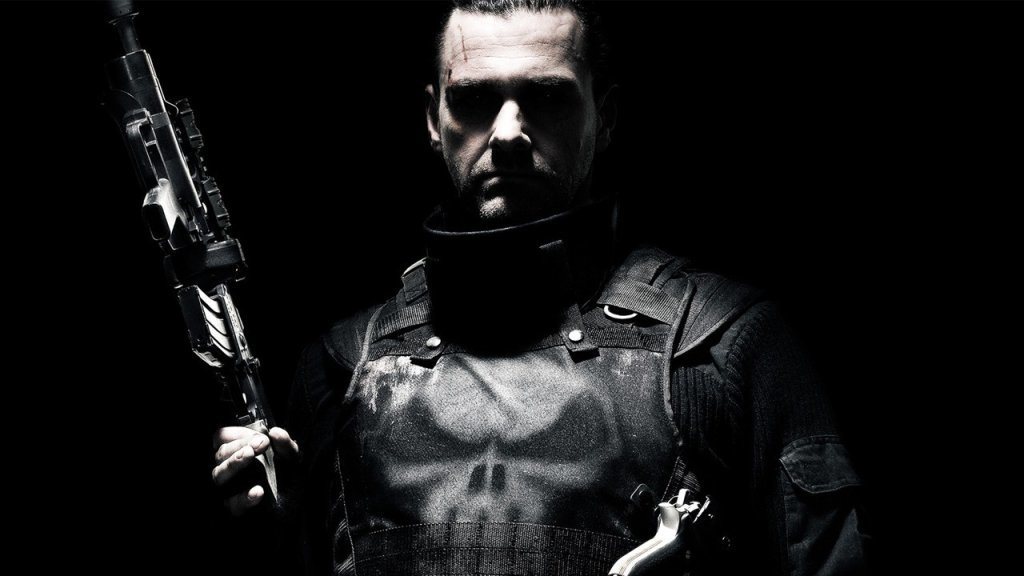
2. They Finally Got His Origin Right
In 1989 and 2004, both versions of Frank Castle played ex-cops who were targeted by a vengeful mob boss. That is patently wrong. In the comics, Frank Castle is an ex-soldier who did a lot of nasty stuff in the war. When he returns home, he’s dead set on making a new, peaceful life with his family. Then, one day while picnicking in the park, his entire family is gunned down when they’re caught in the crossfire between two rival mob families. On the surface, that might seem pretty on par with the narrative set up by the films, however, there’s one huge difference. In the films, Frank Castle paints a target on his own back, necessitating the need for a little justice. In the comics, however, it’s a cruel twist of fate that puts the Punisher low, a key facet of his origin that — to date — has been overlooked. Why is it so important you ask? Read on …
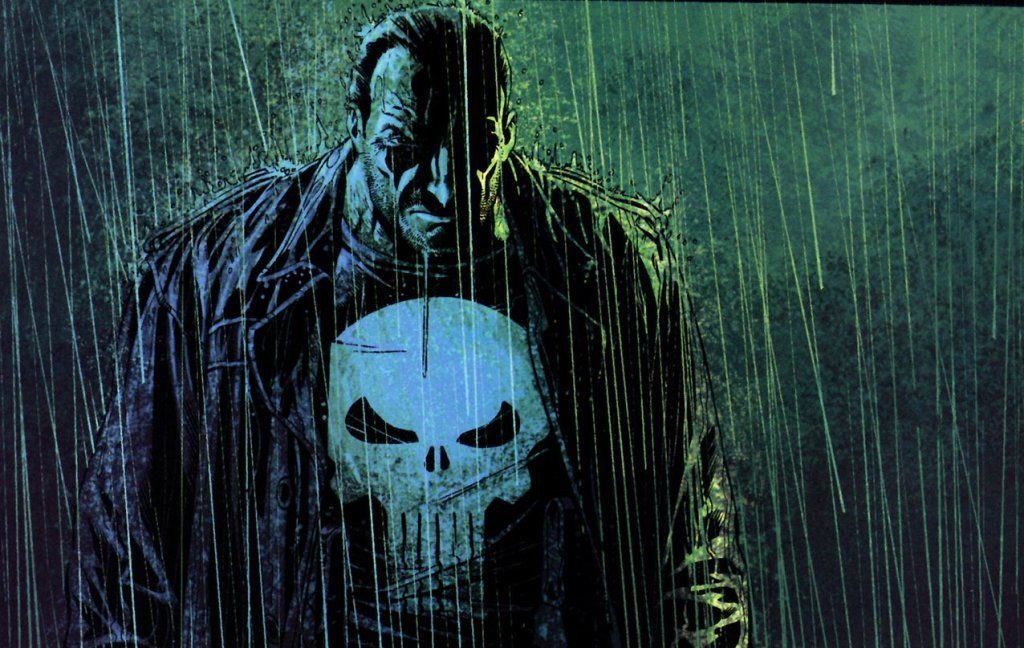
3. He’s Irreparably Broken
The cruel hand of fate itself set Frank Castle down his path. It wasn’t a specific mob family that killed those close to him, it was “mob violence,” a big, nebulous monster that can never be defeated. By setting a specific face to the Punisher’s pain in the previous films, they’ve allowed a certain measure of hope to develop that the Punisher can reach the end of his mission. If he kills the guy in charge then — bam — justice is his, he can drop his guns, mend his ways, and go home. No, though, it wasn’t a specific person, really, who killed Frank Castle’s family, it was a society that creates violence. That’s something Frank can’t stop (at least not by murdering), and so he’s doomed to continue firing guns at an enemy that can never be killed.
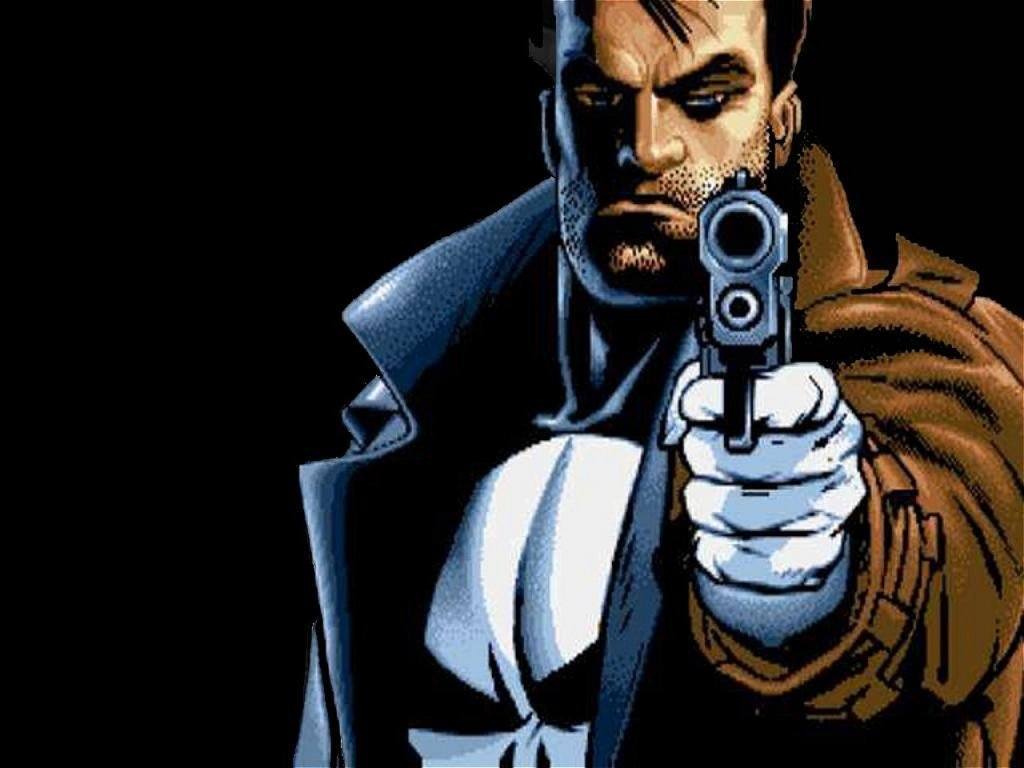
4. He’s Completely Sane
More of than not, the Punisher is played a little like a cold-hearted crazy person. Make no mistake: the Punisher’s mission is completely and totally bonkers. The man kills people to sate some sense of vengeance that will never be satisfied. Yes, the Punisher might be in a constant state of emotional anguish, however, for all intents and purposes, the Punisher is completely in control of his faculties; he’s subject to none of the erratic behavior that marks a typical mentally ill person. He has a strict code of conduct from which he never veers. He is able to keep his emotions in check. He is fully aware that his one-man war on the mob isn’t normal person behavior. He just doesn’t care. Finally, the Punisher is the sane person completing an insane mission; the exact personification you’d expect in a haunted ex-soldier.
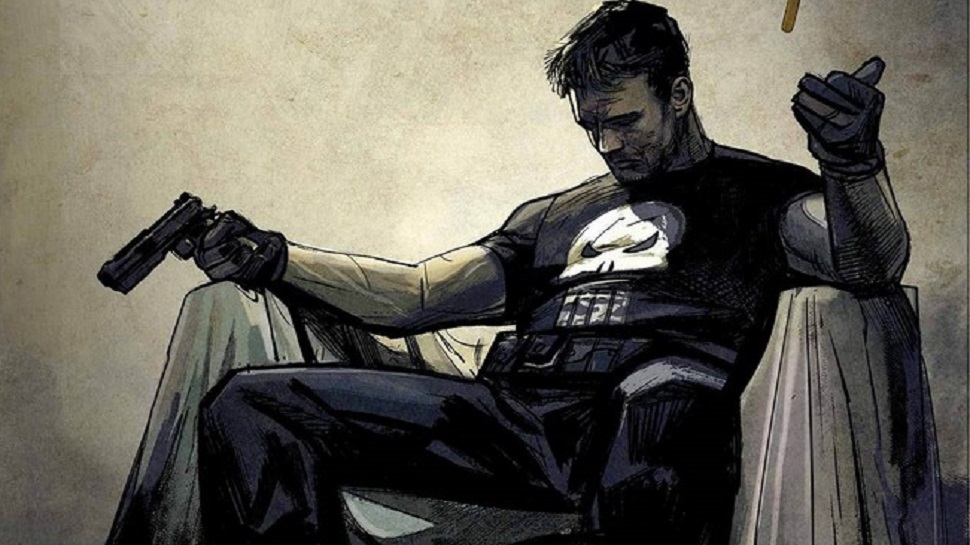
5. He’s Super Chatty
In the comic books, Frank Castle is a bit of a talker. Sure, he puts on that whole stone-faced facade and its convincing. Until he gets into a one-on-one scenario with pretty much anyone who will listen to him yak. The man likes to talk so much, there’s an entire comic series that’s devoted to the Punisher just talking to himself. And yet, in previous films, Frank Castle has been stoic to the point of muteness. (Exactly how many lines does Ray Stevenson have in Punisher: War Journal, anyway?) Fans want to see a Punisher who’s so devoted to his cause that he won’t hesitate to defend it using any weapon available to him, even his words.
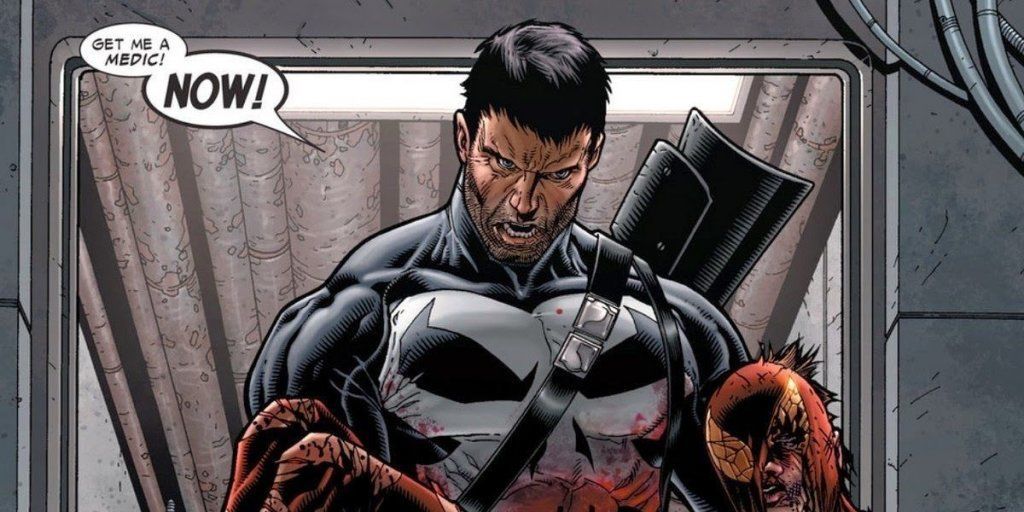
6. He Studies
We have to give credit to the men behind the Thomas Jane version of the character for at least staying true to this facet of the character, because Frank Castle’s studiousness is extremely important. He doesn’t just strap on a bulletproof vest and walk into a hail of bullets. He’s a normal guy who can be dead just as easily as his intended victims, so it’s extremely important that he plan ahead and learn everything there is to know about his targets before he pulls the trigger. Netflix’s version of the Punisher is finally true to this character trait as Bernthal is studying and spying more than he’s killing. And that rings true in a way that none of the other film incarnations have.
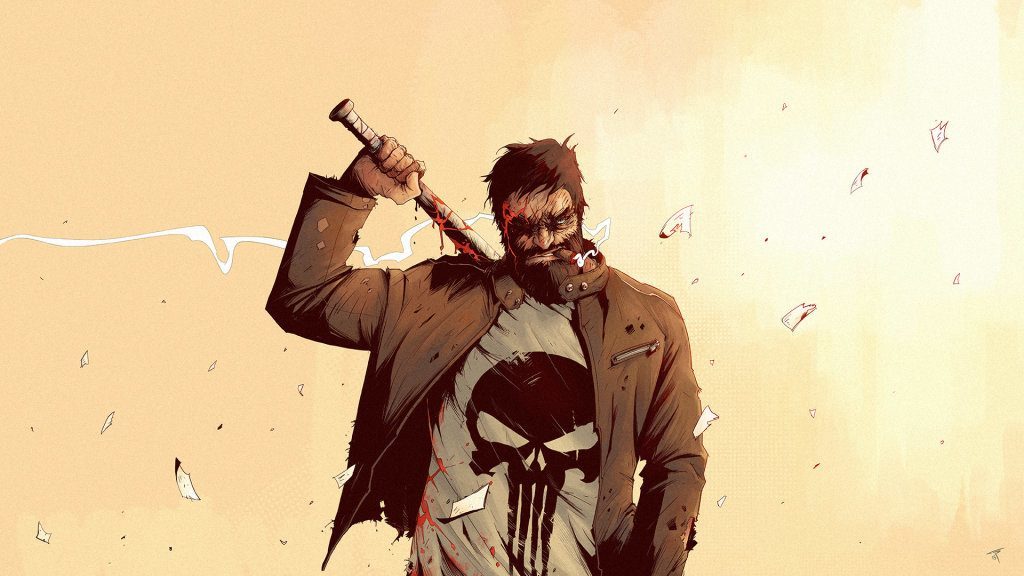
7. He’s All Military
The Punisher is not DEA, and he is not a cop. The Punisher honed his skills in the harshest environs on the planet, doing dirt for Uncle Sam and fighting for his very life. His entire skill set was forged in the heat of battle and molded from a combination of fear and necessity. Frank Castle was very, very good at what he did, but part of the reason for that was his strict devotion to military tactics. He follows the rules of engagement to the letter, pulling his street tactics from the great generals of old. This is not a man who just fell into a job. He’s someone who latched onto a set of principles at a time when he needed a lifeline. Now that he’s on his crusade, those same rules have become a guideline once more.

8. His Fights Aren’t Splashy
You never see a military-trained operative who’s anything more than ruthlessly efficient. Daredevil and his set can flip around all they want, but that doesn’t work for a man who’s goal is to end the fight as quickly (and brutally) as possible. Thankfully, Daredevil’s choreographer, Phil Silvera, is a man who knows how to stay true to the character. As he told EW, “The Punisher, he’s tactically trained. You see him dispense of people from a distance, but when he gets in close and personal, you see a tactical side to how he does things. There’s a different type of efficiency to it. He’s not afraid to put people down, so you see that training in there.” God bless character development through choreography.
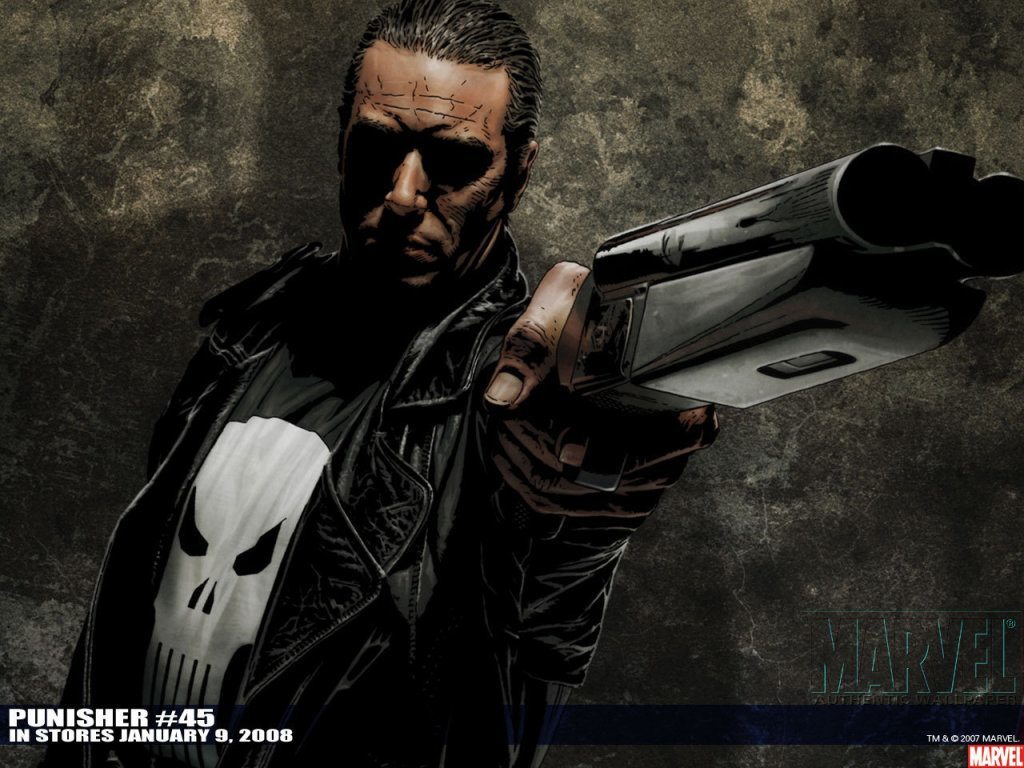
9. He’s a Full Measure
Frank Castle is an unrelenting murderer, folks. When he decides to kill you, there is no amount begging or pleading that will get him to change his mind (except for that one thing with Spiderman). While this trait is admittedly prevalent in every incarnation of the character, that aspect of the Punisher’s ethos has never been used to such great effect as in Daredevil’s second season, when his ruthlessness is actually a major plot point. The fact that Frank Castle believes he has the authority to act as judge, jury, and executioner is what sets him apart from nearly every other hero on the books and that distinction can never be focused on enough.
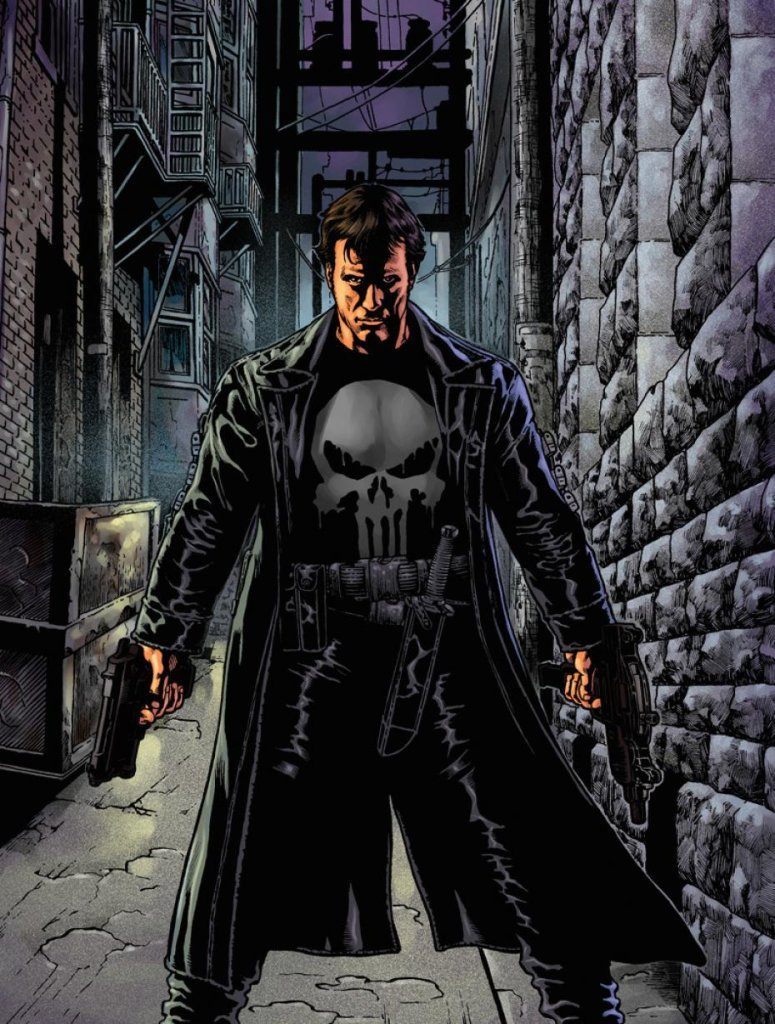
10. He is the Punisher
With nearly every classic superhero, there’s a certain dichotomy to their character that helps keep them in check. The hero is anchored into reality by his private, anonymous nature. It’s the civilian bits that provide a specific motivation for a hero to make the world a better place … until his friends and family end up captured. The Punisher has no such place he can retreat to. He’s on the front lines all day, every day. This character trait makes him at once extremely sad and incredibly dangerous. He doesn’t have the typical weaknesses associated with normal heroes (i.e. friends and family), and yet he has no refuge from the never-ending hardships he endures and horrors he sees.
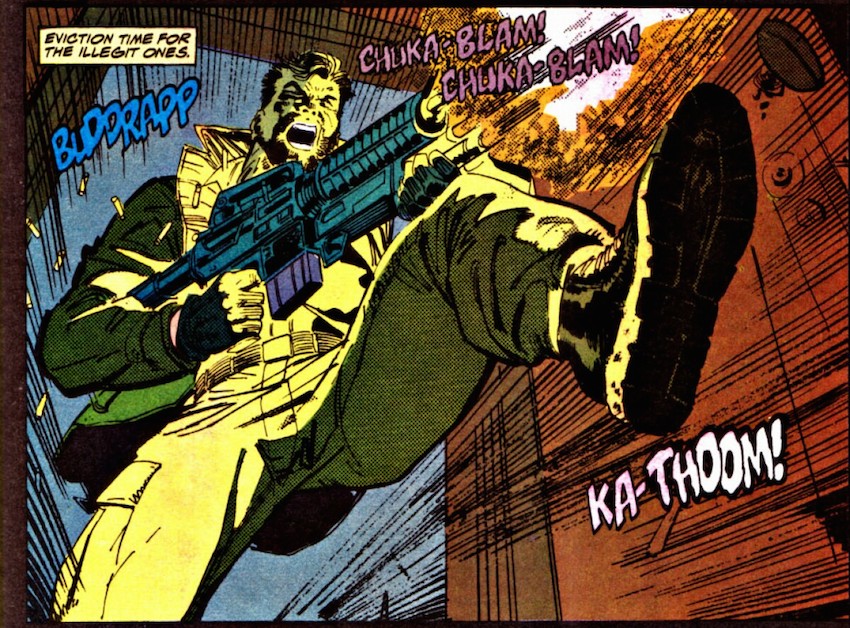
More in TV
-
Christian Group Attempts to Ban a Show They Haven’t Seen
20,000 people have signed Return to Order’s (a Christian Group) petition asking Netflix to cancel Amazon Prime Video’s new limited series...
June 20, 2019 -
10 TV Characters Who Almost Ruined A Hit TV Show
It’s no secret that most TV shows have to keep bringing in fresh blood if they want to keep fans interested....
May 4, 2018 -
All 14 American Idol Judges, RANKED
Now that American Idol is back on the small screen, Season 16 of the singing competition has us reminiscing about the...
April 13, 2018 -
15 Biggest Mistakes In Popular TV Shows
Some of our favorite TV shows from the past and present have the ability to keep us on the edge of...
January 30, 2018 -
11 Reasons You Should Start Watching ‘Ray Donovan’
With five seasons in the books and a sixth season slated for production in 2018, Showtime’s Ray Donovan has quickly become...
November 27, 2017 -
10 TV Characters We Never Got to Fully Know
These characters were an important part of their respective shows, but a huge part of them still remains a mystery. In...
November 22, 2017

